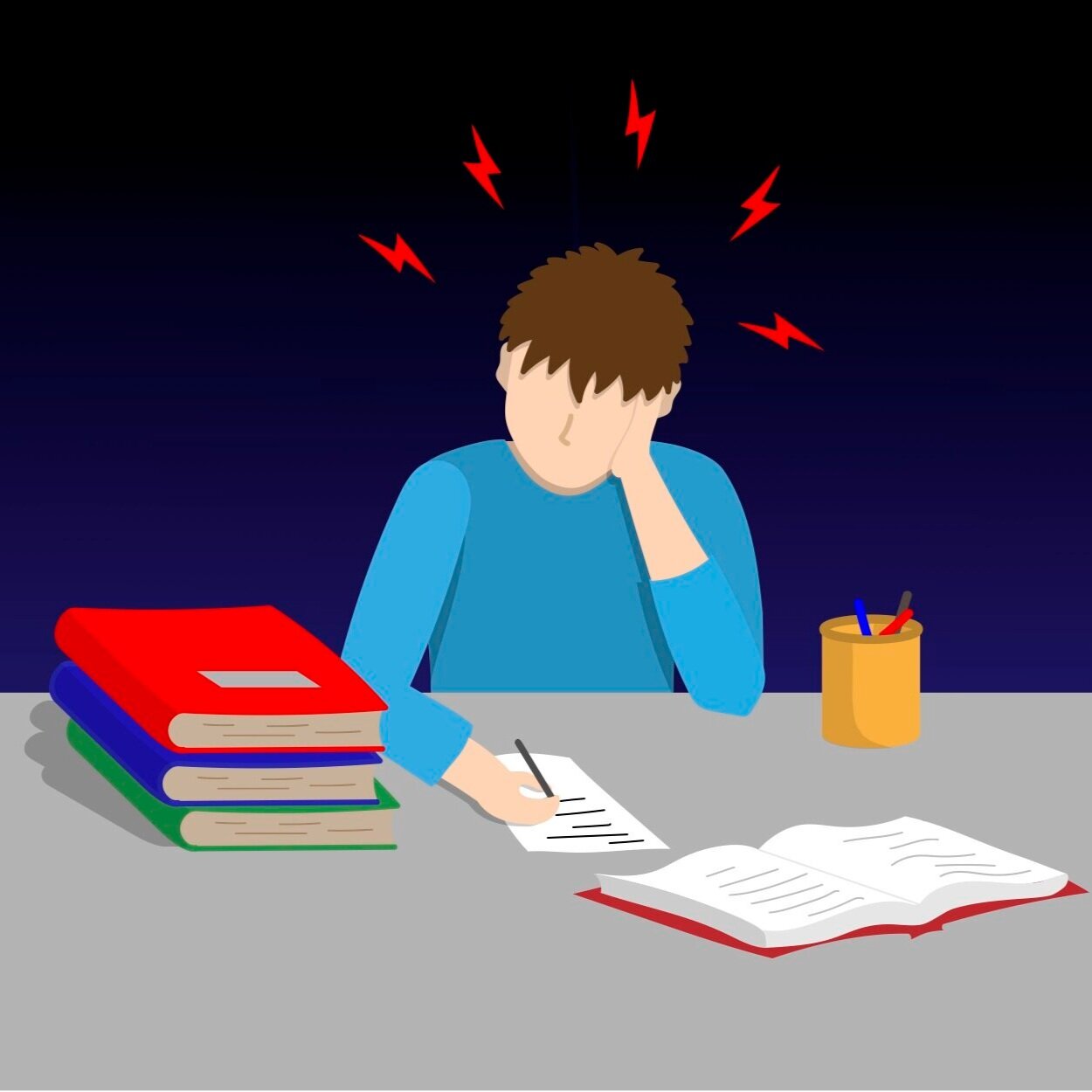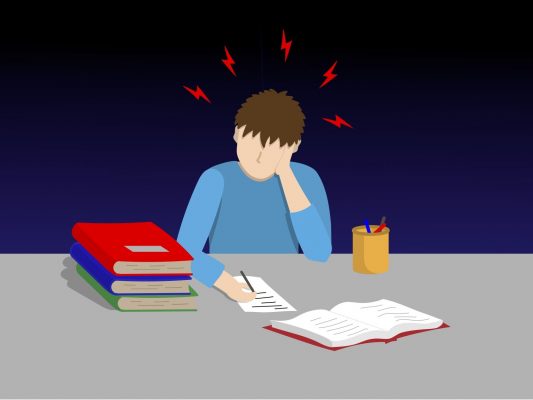Every modern person periodically experiences stress.
Stress accompanies us everywhere: at work, in the family, on the streets, with friends.
To feel comfortable, as humans, we need to learn how to deal with stress.
People’s perception of stressful situations differs, so the same factor can only temporarily shake the psyche or cause a severe disorder.
According to Simply Psychology, stress originates in the hypothalamic-pituitary-adrenal system.
Sandee Abern
In a stressful situation, the adrenal cortex secretes cortisol, a catabolic hormone that keeps a person active to cope with difficulties.
Stress is a non-specific reaction of the body to the impact of external factors of an unusual or extreme nature.
Stress is not always a negative phenomenon.
It can provoke positive emotions, stimulate a person to take action, and prevent danger to health and life.
A stressful reaction can be acute; an unusual situation occurred once, such as accidents, exams for students, and a loved ones’ death.
According to a College of Lake County professor of psychology, Sandee Abern believes that acute stress can be useful.
“There are some benefits to stress,” Abern said. “Being under stress can help you to get things done, to work quicker, to accomplish more because of the pressure that the stress puts on you.”
Acute stress can mobilize the brain, but when stress becomes chronic, there is no positive effect.
The hippocampus, a fortress of human memory, is peppered with cortisone-sensitive receptors making it highly susceptible to stress signals.
The reason for this lies in evolutionary development.
In a normal situation, they help to normalize the production of the hormone. If the cortisol level remains high for a long time, some of the receptors die.
Simultaneously, the amygdala becomes more sensitive, which makes a person nervous and restless.
Another consequence is a decrease in the ability of the hormonal system to control stress levels.
Due to the increased cortisol content, the brain shrinks in size.
Exposure to the hormone disrupts synaptic connections between neurons and changes the prefrontal cortex’s size, responsible for concentration, decision-making, and social interaction.
“Chronic stress can be dangerous by affecting existing health problems, both mental and physical,” Abern said. “Too much stress can be detrimental and contribute to those problems. Heart problems, stroke, high blood pressure are just some of the health problems affected by stress. Those suffering from anxiety or depression find it very difficult to handle stress under any circumstances.”
The intensity of emotions can measure such stress.
People often confuse the concepts of stress and depressive disorder since they are closely related.
Depression is not a separate condition but a whole range of body reactions. Some of them, such as short-term loss of emotional sensitivity, irritability, and fatigue, are more likely to occur with chronic stress.
A stressful reaction can cause a depressive state, and the impact of additional stress aggravates the severity of depression.
Graphic via Easton Herbon
Therefore, it is essential to be able to distinguish these states from one another and clearly understand the relationship between depression and stress.
Stress is one of the factors in the development of depression, but not always its cause.
How much stress you experience can affect your mental and physical health.
“If stress is causing you trouble, you need to talk to your doctor; That should be the first thing that you do,” Abern said. “To eliminate stress or minimize it, you need to relax. Sitting quietly and reading a book, listening to music, taking a nice long walk, and working out are all ways to circumvent a stressful time for you.”
The simplest methods are deep breathing and meditation.
Physical activity also helps; however, excessive sports can increase cortisol levels.









